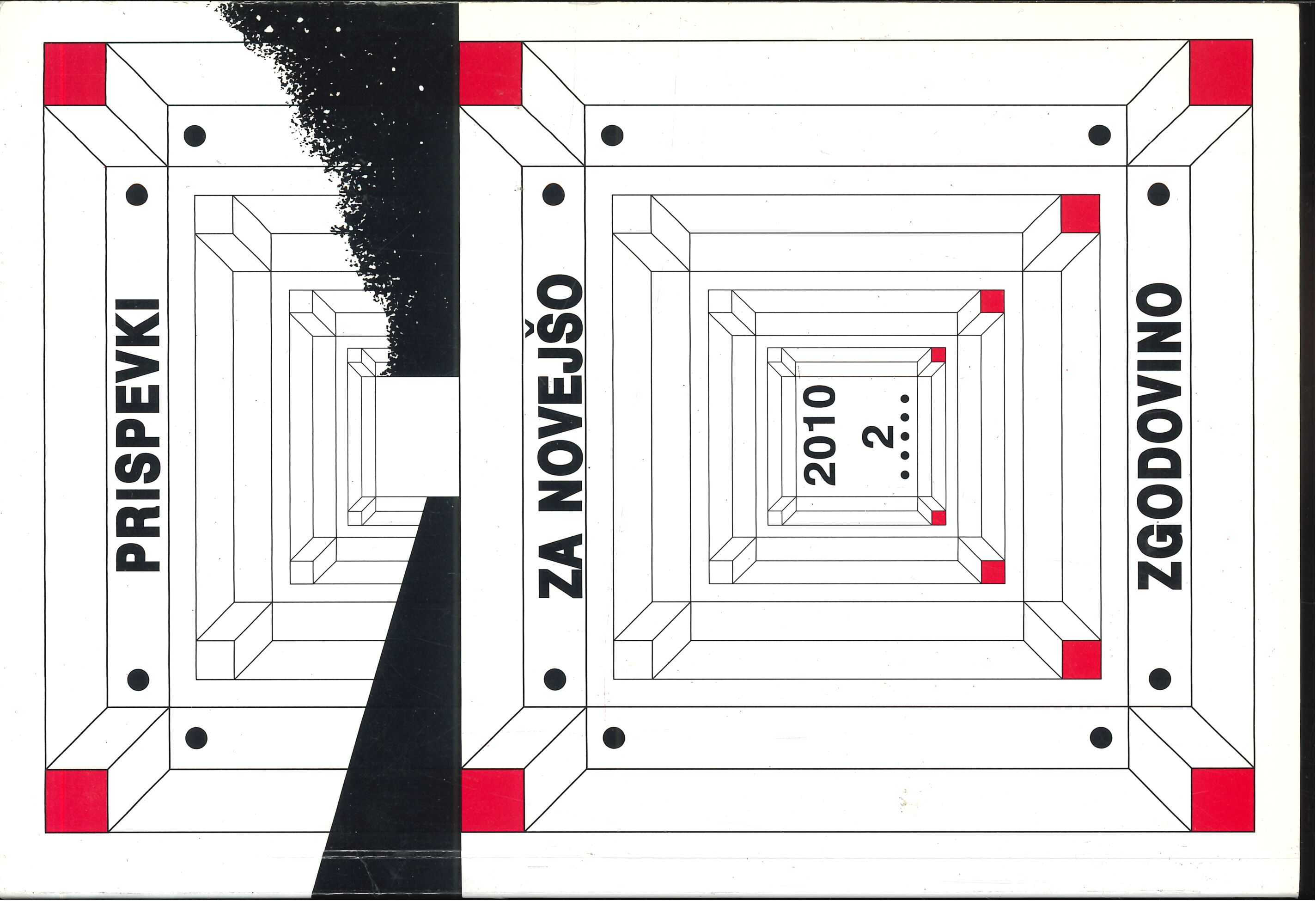Slovenian Communists and the National Question in the 1930s
Keywords:
Communist Party of Yugoslavia, Communist Party of Slovenia, revolution, national question, self-determination, federation, the 1930sAbstract
The analysis of the attitude of the Slovenian communists to the national question in the 1930s primarily demonstrates programme continuity with the standpoints already established by the communists in the decade before that. Dragotin Gustinčič, who completed his extensive unpublished study Das nationale Problem der Slowenen in 1933 in Moscow, was a prominent personality in this regard. In this study he presented detailed arguments for the right of the Slovenian nation to self-determination and for the integration of the independent Slovenian federal unit into a state union established on the revolutionary basis, which would best suit the Slovenian national-cultural and socio-political interests. The national self-determination and the revolutionary establishment of a new federal state, acceptable for Slovenians, were also supported by the younger generation of communists, operating in the homeland. Its most visible theoretical and political representative Edvard Kardelj detailed their viewpoints of the national problem in his study Razvoj slovenskega narodnega vprašanja [The Development of the Slovenian National Question] (1939). Except in the fundamental national-political matters (self-determination, federation), Gustinčič and Kardelj's studies do not have any common points, and they represent two independent indepth explorations of the Slovenian national problem. The federal national programme, argued for by the Slovenian communists in the 1920s and 1930s, contributed significantly to the assertion of the Communist Party of Slovenia (founded in 1937) as the leading national political force and to its takeover of power after World War II in accordance with its revolutionary strategy and tactics between 1941 and 1945.
Downloads
Published
Issue
Section
License
Authors who publish with this journal agree to the following terms:
- Authors retain copyright and grant the journal right of first publication with the work simultaneously licensed under a Creative Commons Attribution License that allows others to share the work with an acknowledgement of the work's authorship and initial publication in this journal.
- Authors are able to enter into separate, additional contractual arrangements for the non-exclusive distribution of the journal's published version of the work (e.g., post it to an institutional repository or publish it in a book), with an acknowledgement of its initial publication in this journal.
- Authors are permitted and encouraged to post their work online (e.g., in institutional repositories or on their website) prior to and during the submission process, as it can lead to productive exchanges, as well as earlier and greater citation of published work (See The Effect of Open Access).


